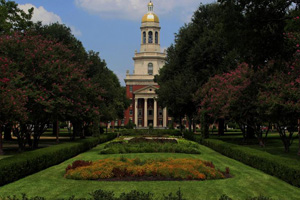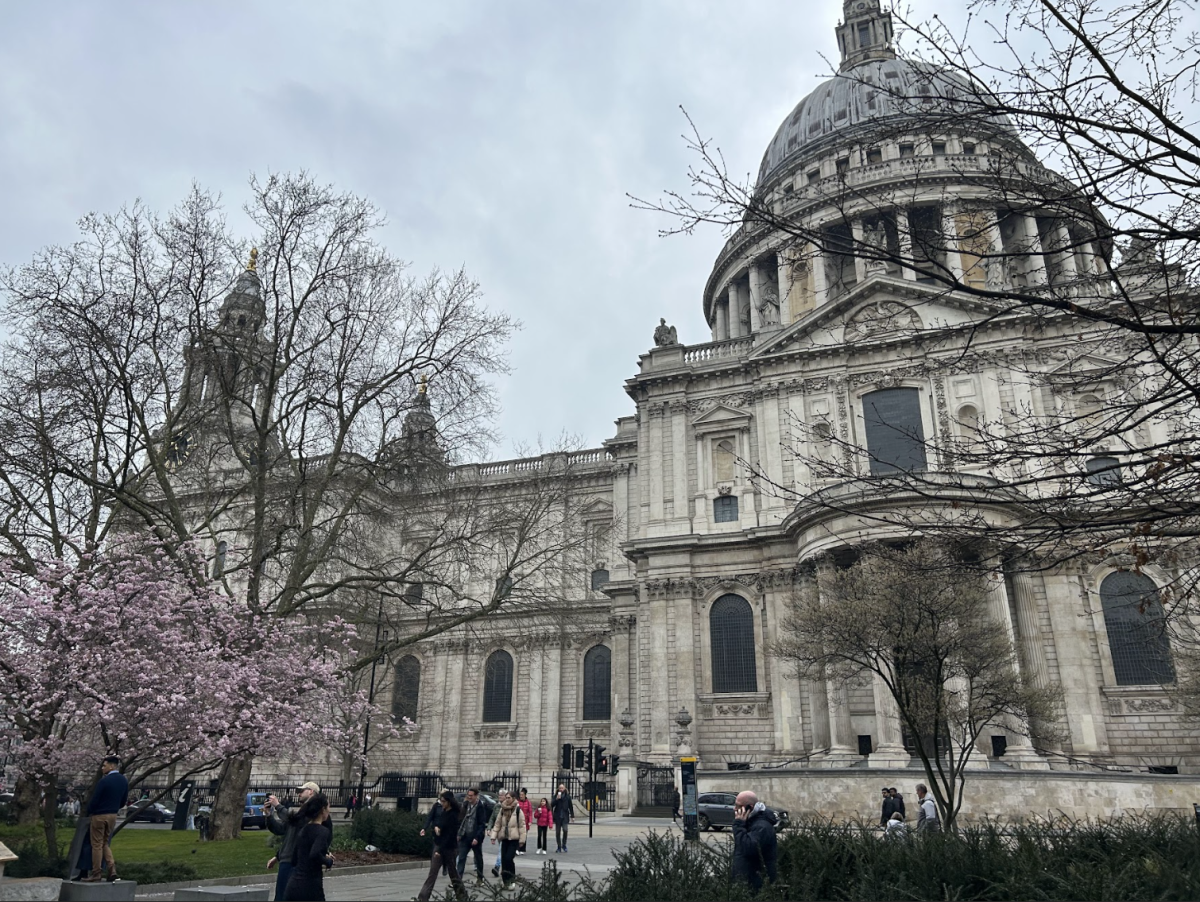 In the college search conducted by all prospective applicants, one big factor stands out: tuition. For almost all private universities, the sticker price is higher than government-funded public colleges. However, many students do not take into account the large grants and aid given to private school students which makes the cost of attending a private university the same or lower than public schools. For example, according to Kiplinger Personal Finance, private university Harvard offers an average of $36,850 in need-based aid for students. Students often rule out private schools and choose to receive in-state Texas tuition without properly weighing the benefits.
In the college search conducted by all prospective applicants, one big factor stands out: tuition. For almost all private universities, the sticker price is higher than government-funded public colleges. However, many students do not take into account the large grants and aid given to private school students which makes the cost of attending a private university the same or lower than public schools. For example, according to Kiplinger Personal Finance, private university Harvard offers an average of $36,850 in need-based aid for students. Students often rule out private schools and choose to receive in-state Texas tuition without properly weighing the benefits.
The average tuition at the University of Texas for an in-state student is about $5,000 according to their financial aid site—a seemingly great price. However, the average student at top-ranking Princeton University graduates with just $5,225 in debt according to Kiplinger. This number starkly contrasts the yearly sticker tuition of $36,000. In addition, public universities are shown to offer more loan aid than private universities, which increases student debt. The benefits of private universities often outweigh those of public universities, and therefore the schools are well worth applying to.
While the academic programs offered at both types of colleges are similar, and the education is typically comparable at most schools, the differences in a private school extend to post-graduation. The smaller student to faculty ratio at private colleges is a plus, especially when you value individualized attention. Princeton University emphasizes its 6:1 student to faculty ratio on its student webpage, and even Rice offers a 5:1 ratio. Conversely, UTs 18:1 is much higher, and Texas Tech has a 22:1 ratio, according to their respective prospective student pages.
In addition, the rates for graduation in four-years are higher for private universities, showing that they do their job and students pay less in the long run. The 6-year graduation rate at UT is still only 81%, while Rice boasts an impressive 93%. And, post-graduation, many private schools offer alumni benefits and name recognition. While not an important factor for everyone, the top universities according to US News and Newsweek are all private colleges. This prestige factor may be useful in getting a job in the future over other applicants. While all schools are good and will provide an education, not applying to a high-ranked private university because of cost or tuition is regrettable.
The bottom line is that there are a lot of misrepresented figures associated with certain colleges. Don’t decide on a public school because it is closer and seems most cost-friendly, especially if there is another school out there that would serve your needs better. All colleges offer a great education, but the environment and your overall budget can be severely different depending on what kind of school you choose to apply.







